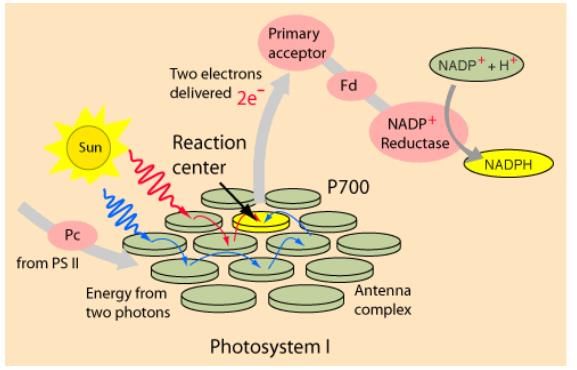31 Years NEET Previous Year Questions: Photosynthesis in Higher Plants - 2 - NEET MCQ
15 Questions MCQ Test - 31 Years NEET Previous Year Questions: Photosynthesis in Higher Plants - 2
In photosynthesis energy from light reaction to dark reaction is transferred in the form of
Which pair is wrong?
Fixation of one CO2 molecule through Calvin cycle requires
How many turns of Calvin cycle yield one molecule of glucose ?
The enzyme which fixes CO2 in C4 plants is
Which enzyme is most abudantly found on earth?
NADPH2 is generated through
Which one of the following is represented by Calvin cycle?
Photosynthetically active radiation is represented by the range of wavelength of
The principle of limiting factors was proposed by
Photorespiration is favoured by
The specific characteristic of C4-plants is
Which one occurs both during cyclic and noncyclic modes of photophosphorylation?
Pigment acting as a reaction centre during photosynthesis is




















